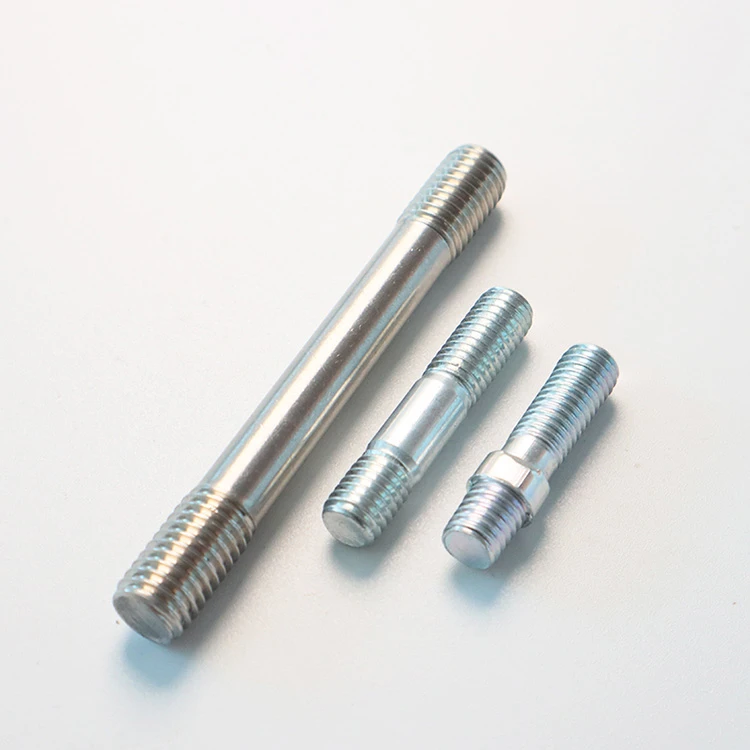Stud bolts are a crucial component in construction and engineering, serving to securely fasten heavy machinery, structures, and equipment. Among them, long stud bolts play a particularly significant role due to their extended length, which provides added strength and versatility in various applications. In this article, we will explore the features, applications, and benefits of long stud bolts, highlighting their importance in ensuring structural integrity and safety.
Features of Long Stud Bolts
Long stud bolts are characterized by their extended length, typically longer than standard bolts, and are threaded on both ends. The features that make them distinctive include:
- Extended Length: Long stud bolts are available in various lengths, often exceeding standard bolt lengths to accommodate thicker or multiple components.
- Threaded Ends: Like standard stud bolts, long stud bolts have threaded ends on both sides, allowing them to be screwed into a tapped hole or secured with nuts on each end.
- Material Varieties: They are commonly made from materials such as carbon steel, stainless steel, and alloy steel, depending on the specific application requirements.

Applications of Long Stud Bolts
Long stud bolts find wide-ranging applications across different industries and sectors due to their strength, durability, and versatility. Some common applications include:
- Construction and Infrastructure: Used in the assembly of bridges, buildings, and other large structures where a high level of mechanical strength and stability is required.
- Petrochemical Industry: Essential for connecting heavy flanges and pipelines in refineries and petrochemical plants, ensuring secure and leak-free connections.
- Power Generation: Used in power plants for securing turbines, boilers, and other critical equipment that operate under high stress and temperature conditions.
- Marine and Offshore: In shipbuilding and offshore platforms, long stud bolts are vital for securing components in corrosive marine environments.
- Automotive and Aerospace: Utilized in vehicle engines, transmissions, and aerospace applications where reliability and strength are critical.
Benefits of Long Stud Bolts
Long stud bolts offer several advantages over traditional fastening methods, making them a preferred choice in many industries:
- Enhanced Strength: Their extended length provides superior strength and stability, allowing them to withstand higher loads and pressures.
- Ease of Installation: The threaded ends enable straightforward installation and removal, reducing assembly time and labor costs.
- Corrosion Resistance: Available in materials and coatings that provide excellent resistance to corrosion, ensuring longevity and reliability in harsh environments.
- Flexibility: They can be customized in terms of length, diameter, and material, making them suitable for a wide range of applications and configurations.
- Cost-Effectiveness: Despite their initial cost, long stud bolts offer long-term savings due to their durability, minimal maintenance requirements, and reliable performance.
Conclusion
Long stud bolts are essential for ensuring the safety, stability, and durability of various structures and equipment in diverse industries. Their extended length and threaded design provide robust fastening solutions that withstand extreme conditions and heavy loads. By understanding their features, applications, and benefits, engineers and project managers can make informed decisions when selecting fastening solutions for their projects. Long stud bolts continue to be a cornerstone of modern engineering, contributing to the reliability and longevity of critical infrastructure around the world.